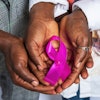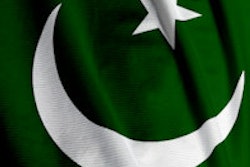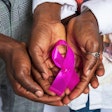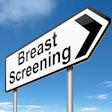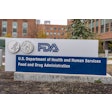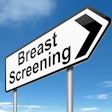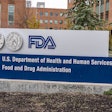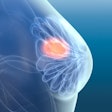Among most women in Pakistan, there is limited awareness of breast cancer occurrence, detection, and screening practices, or of the importance of breast self-exams and clinical breast exams, according to a study in the August issue of the Journal of the American College of Radiology.
In Pakistan, breast cancer is the most common cancer affecting women, its incidence is rising, and it is usually diagnosed in later stages and often at a younger age compared with populations in the West, according to researchers at Brigham and Women's Hospital (JACR, August 2012, Vol. 9:8, pp. 571-577).
Dr. Sughra Raza and colleagues developed questionnaires to address demographics, financial and educational levels, knowledge regarding breast cancer occurrence and treatment, and religious and cultural beliefs that may affect seeking care for breast disease. The questionnaires were used by community health workers in Karachi to conduct one-on-one surveys with 200 women and 100 general practitioners.
The results showed that women's knowledge of breast cancer incidence, diagnosis, and treatment was proportional to educational level, while willingness to address breast health issues and interest in early detection were high regardless of education level. Very few women had ever undergone clinical breast examinations or mammography, Raza's team found.
Among general practitioners, most understood major risk factors and the importance of early detection. However, 20% did not believe breast cancer occurs in Pakistan, and 30% believe that it is a fatal disease. Female general practitioners were more likely to perform clinical breast examinations than male general practitioners, the study found.
